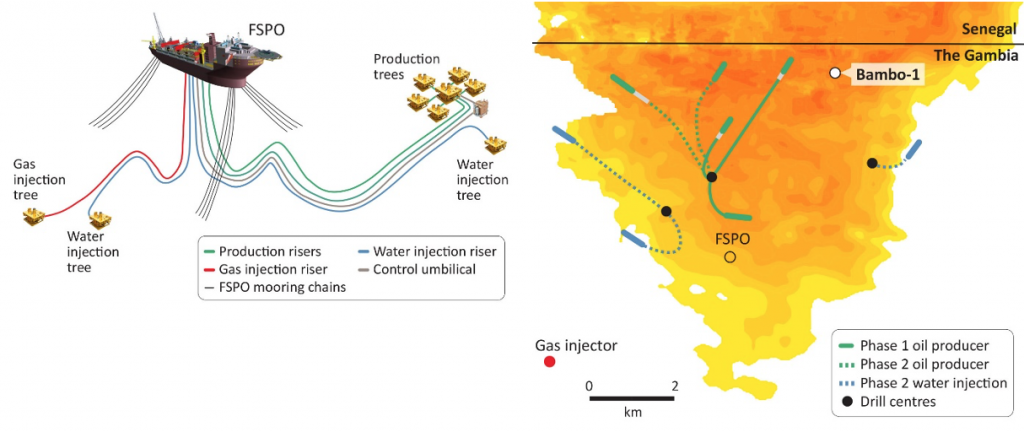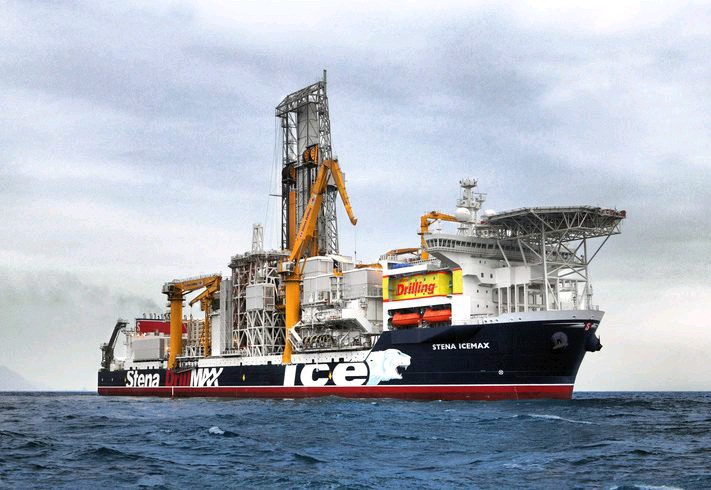FAR has successfully spudded the Bambo-1 exploratory well on Block A2 offshore The Gambia. The drilling campaign will take about one month and drill the well to a depth of about 3,400 metres.
Bambo-1 will drill into a series of vertically staked targets with a combined estimated recoverable prospective resource of over 1 billion barrels with chance of geological success ranging from 7% to 36%.
This will be FAR’s second exploratory well on the block after it drilled the Samo-1 well in 2018. Its main targeted horizons had then proved water bearing.
While FAR now targets the Bambo, Soloo and Soloo Deep prospects, the Bambo one is believed to be the most prospective of the three of over 500m barrels of estimated recoverable prospective resource.
Equally important, the well located is just south of Senegal’s Sangomar oil field where Woodside Energy expects to achieve first oil in 2023. FAR was previously part of the Sangomar joint-venture before it had to exit the license last year. The operator is very familiar with the environment offshore Senegal and The Gambia and expects to prove the southern extension of the Sangomar oilfield.
FAR already drilled the Samo-1 well on Block A2 back in 2018 but its main targeted horizons proved water bearing. A new exploration plan was put on the table in 2019 when both blocks benefited from new licenses, still operated by FAR (50%) along with PETRONAS’ subsidiary PC Gambia (50%).
Likely Development Scenario
In case of a discovery, FAR has indicated that 90m barrels would be the set minimum economic field size. Its success case planning actually relies on a development of 150m barrels of oil via a 48,000 barrels of oil per day (bopd) floating, production, storage and offloading (FPSO) vessel. Three wells would then support production, gas and water injection operations.

Map: FAR Ltd
Details on the A2 & A5 Blocks Exploration offshore The Gambia are available in the “Projects” section within your Hawilti+ research terminal.

